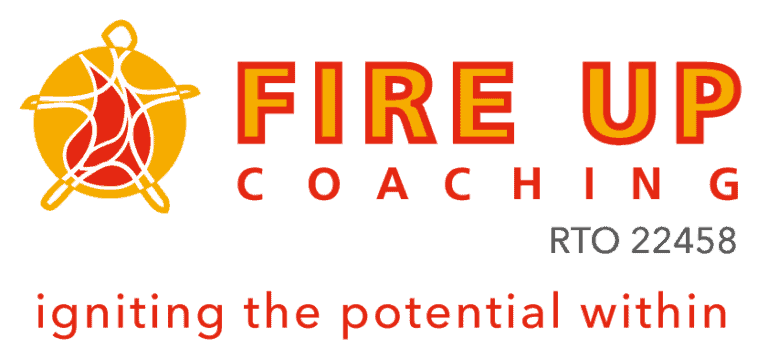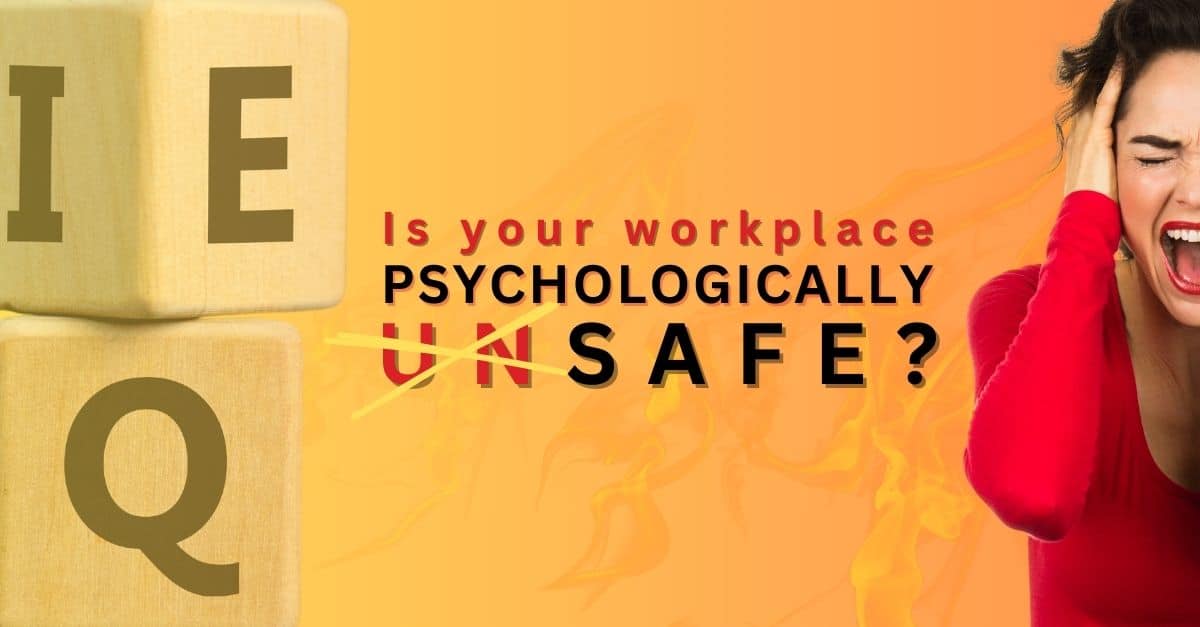Dealing with toxic behaviours in the workplace
Is your organisation grappling with teams or individuals who create a psychologically unsafe environment or exhibit an inability to abandon toxic behaviours and attitudes? Here are just a few examples I’ve encountered in coaching sessions just this week:
– Lack of trust in colleagues
– Gaslighting
– Bullying
– Exclusion
– Lack of transparency
We need to have the tools as professionals to help people in their choices around how they tackle their own unique circumstances.
Does any of this ring true for you?
Are you the person in your organisation who is tasked with fostering a positive workplace culture? Emotional intelligence training offers insights for exceptional leadership and practical guidance.
Heading up the HR, Organisational Development, Learning and Development, or People and Culture Department is no small feat. Each day, it feels like you’re expected to wield a magic wand and solve all the culture issues that crop up. And let’s not forget, you’re also dealing with limited resources and a tight budget.
The latest Gallup research around stress in organisations showed:
What’s the solution?
Various stress factors affect individuals, as indicated by Roche Martin’s research, which categorises them into inner, outer, and other factors. Inner factors pertain to our internal thought patterns, outer factors relate to our ability to manage relationships, and other factors involve our levels of resilience and optimism.
Hello ‘Emotional Capital Report’
ECR training empowers leaders to nurture emotional intelligence within their teams and themselves, effectively tackling stress, conflict and other toxic behaviours. Through personalised guidance, participants explore the Emotional Capital Report, gaining profound insights. Upon completion, graduates are accredited to debrief the Emotional Competency Report, fostering a culture of learning and growth in the workplace.
Why do I prefer ECR over other tools I’ve utilised in my 25-year career?
This report is one of the most practical tools to debrief and it really gets traction in understanding how you can enhance your own emotional capital. In a world where we desperately need leaders with the emotional intelligence to tackle touch challenges and help create positive workplaces for employees to thrive, this tool supports expanding awareness, serves as a brilliant conversational catalyst, and leaves a lingering sense of deep reflection. As a Master Certified Coach I love a tool that takes things deep!!


